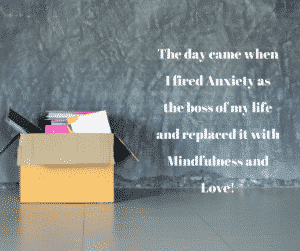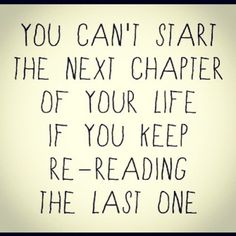 Do you ever get that buzz of excitement when receiving an unexpected gift? The rush, the anticipation, and just a hint of unease? Life, in its glorious unpredictability, often mirrors such surprises. Sometimes, we wish we could get a sneak peek into its contents just to feel safer.
Do you ever get that buzz of excitement when receiving an unexpected gift? The rush, the anticipation, and just a hint of unease? Life, in its glorious unpredictability, often mirrors such surprises. Sometimes, we wish we could get a sneak peek into its contents just to feel safer.
What if we chose to dance with our fear uncertainty?
We all seek the comforts of certainty. And while we want life’s experiences neatly bundled and labeled, the true essence of life is in its unexpected twists and turns. One of the concepts that I emphasize to my clients is that accomplishment and joy aren’t just about reaching the destination. It’s about embracing and appreciating every step along the way.
By focusing only on achieving the end game, we risk missing the beauty of the present moment and learning valuable lessons sprinkled along our journey. Here’s the catch. One of the major roadblocks to enjoying this journey is our fear of uncertainty. And I get it. Not knowing can be scary. It might lead us to be overly controlling, micromanaging every aspect of our lives and sometimes even the lives of those around us.
Here’s the silver lining: embracing fear of uncertainty doesn’t mean surrendering to fear. It’s about dancing with it; it means leaning into it and understanding what is underneath it; it is befriending it and becoming curious about it.
- What does fear of uncertainty want for you?
- What does fear of uncertainty want you to see and hear?
- What does fear of uncertainty want you to learn?
NLP emphasizes choosing and running emotions that align with and support your goals
When faced with uncertainty, we can choose curiosity instead of responding with fear. Instead of doubt, we can choose courage. This perspective shift helps us make big and small decisions from a place of empowerment rather than fear. Speaking of decisions, did you know we make about 35,000 of them every day? That’s roughly 2,000 every hour! While we tend to place weight on the big choices, it’s the multitude of smaller choices that can collectively shape our lives. And when fear clouds our judgment, these decisions, often made subconsciously, might not reflect our best selves.
Looking back, I can recall moments when I let fear guide my choices, and those weren’t my proudest moments.
By fostering a curious mindset and courageously facing uncertainty, we open ourselves to richer experiences and wiser decisions.
Be well! 💜Sandra
✨Join the Thrive Learning Collective Journey✨
✨Interested in becoming an affiliate of Thrive Learning Collective? Click here to sign up, or email me more information.✨
🌟 Upcoming Courses🌟
Conquering Clarity Series (Zoom Sessions)
- Conquering Anxiety: Sept 2023
- Conquering Doubt: Oct 2023
- Conquering Roadblocks: Nov 2023
NLP Trainings
Practitioner Training, Hilton Head: Jan 2024
Register Here
Master Practitioner Training, Hilton Head: April 2024
Register Here
Thrive Integrative Coaching & Hypnotherapy Masterclass- Journey from Sept 2023 – Aug 2024. Payment options are available!
Register Here





